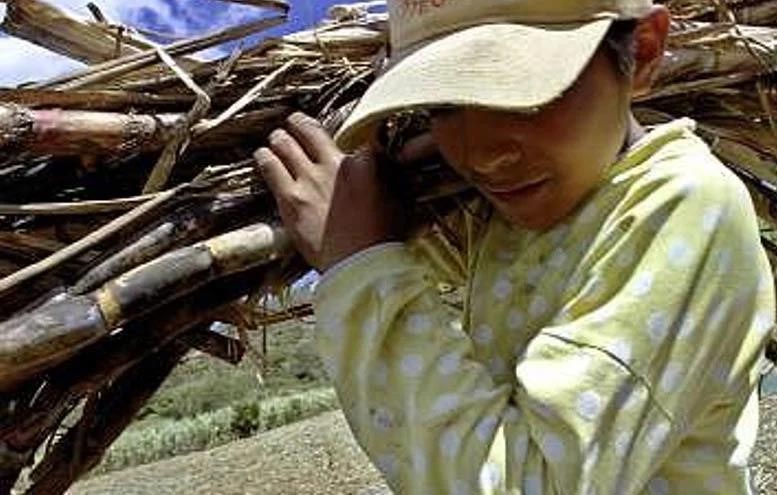The people were in slave-like situations in 131 municipalities in 23 Brazilian states.
Rio de Janeiro. At least 532 people were rescued in Brazil from slave-like conditions in the country’s largest-ever operation against slave labour, officials said on Tuesday (5 September).
The operation was a concentrated effort by inspectors from the Ministry of Labour and Employment, prosecutors from the Labour Prosecutor’s Office and the Federal Prosecutor’s Office, agents from the Federal Police and the Federal Highway Police, and defenders from the Federal Public Defender’s Office.
This is the largest operation against slave labour in the history of Brazil, not because of the number of people rescued (in 2007, 1,064 were freed in a single sugar cane plantation and sugar mill in Ulianópolis, Pará), but because of the structure involved, the number of simultaneous inspection actions and the diversity of the work.
“It is not possible that we continue to have companies and people who subject human beings to work analogous to slavery. We have to put an end to this, provoke society to indignation and say enough is enough, this is not possible,” said the Minister of Labour and Employment, Luiz Marinho, at a press conference on Tuesday to present the results.
Marinho stressed that the situation, in addition to costing the Brazilian people dearly, may also have a high cost for our trade balance. “An economic activity that runs the risk of this stain jeopardises the image of our products,” he said.
Coffee cultivation was the activity with the highest number of victims, with 98, almost tied with garlic cultivation (97).
Since 1995, when Brazil recognised the persistence of slave labour before the United Nations, more than 61,700 people have been rescued by inspection groups with the participation of these institutions.
The difference is that Operation Rescue attacks crime simultaneously in both urban and rural areas.






